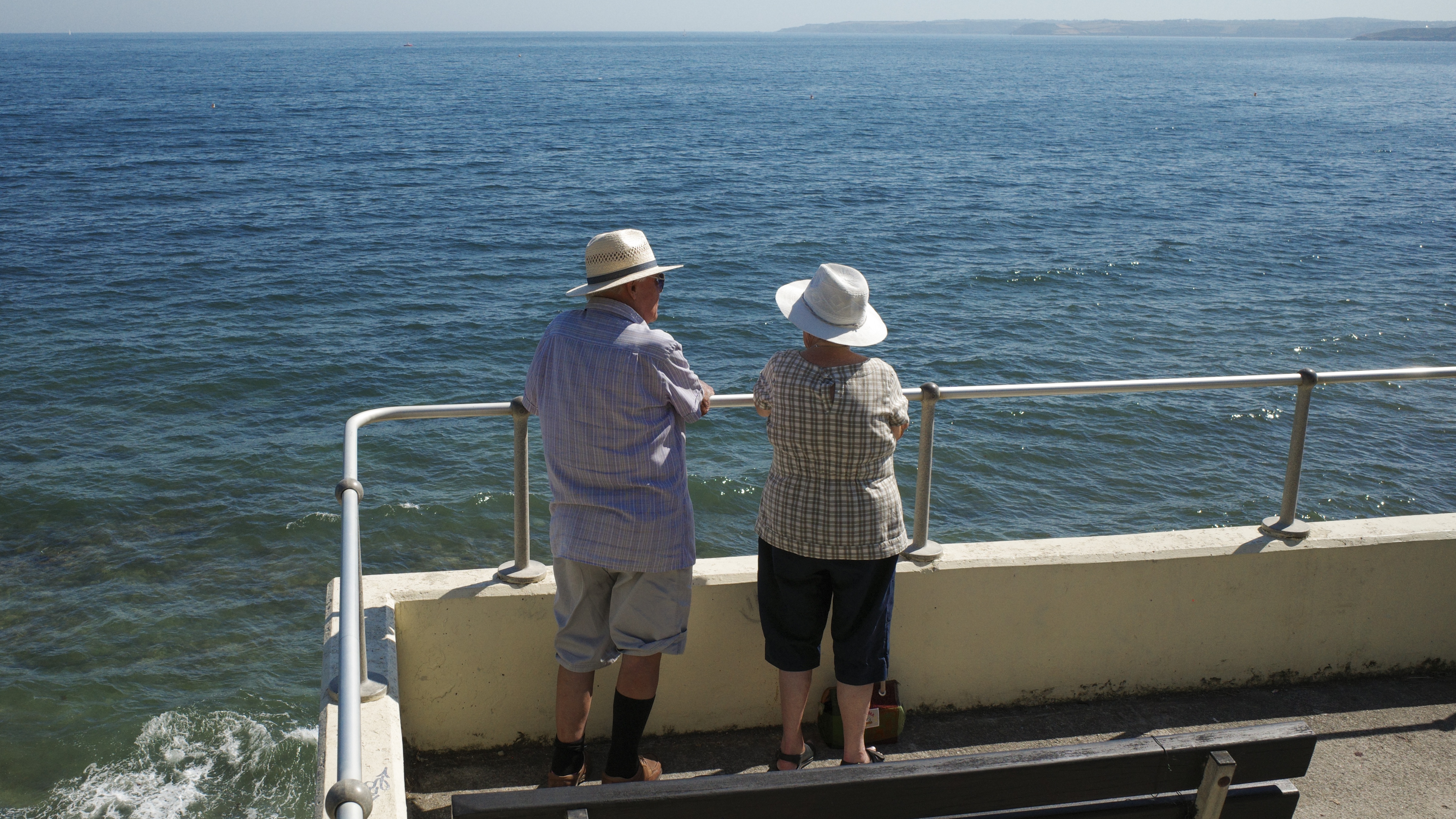Over-65s pushing demand for sexual health services to ‘breaking point’
Soaring levels of STIs among older people linked to use of dating apps

A free daily email with the biggest news stories of the day – and the best features from TheWeek.com
You are now subscribed
Your newsletter sign-up was successful
Pensioners exploring the online dating scene are driving a surge in demand for sexual health services, according to experts.
A newly published Local Government Association (LGA) report said that “the number of over-65s who caught common STIs rose from 2,280 in 2017 to 2,748 in 2019, an increase of 20%”. Latest official data also showed that the age group accounted for the biggest proportional increases in cases of gonorrhoea and chlamydia.
The Times reported that the rise has been linked to older people turning to online dating “after experiencing a divorce or bereavement”. Some of those who “swipe right” do not “use condoms owing to the low risk of pregnancy, putting them at heightened risk of STIs”, the paper said.
The Week
Escape your echo chamber. Get the facts behind the news, plus analysis from multiple perspectives.

Sign up for The Week's Free Newsletters
From our morning news briefing to a weekly Good News Newsletter, get the best of The Week delivered directly to your inbox.
From our morning news briefing to a weekly Good News Newsletter, get the best of The Week delivered directly to your inbox.
Dr Claire Dewsnap, president of the British Association of Sexual Health and HIV, said “changing patterns of sexual behaviour” that were reflected in the rise in STIs among over-65s was putting services under pressure. She told The Guardian that “practices such as chemsex and use of dating apps can also be associated with higher-risk behaviour”.
The number of STIs diagnosed in England has fallen overall, with 311,604 new cases diagnosed in 2021, a 33.2% decrease since 2019. But sexual health services have been pushed to “breaking point” as demand has “skyrocketed”, with a 19% year-on-year hike in STI tests in 2021, said the LGA report.
Councils face a “perfect storm” as demand for these services continues to rise “just as the price of providing them is also escalating dramatically” while government funding is cut, the report warned.
The Guardian said the funding cuts were “a result of the public health grant, which the government gives to councils, shrinking by about £1bn since 2015”.
A free daily email with the biggest news stories of the day – and the best features from TheWeek.com